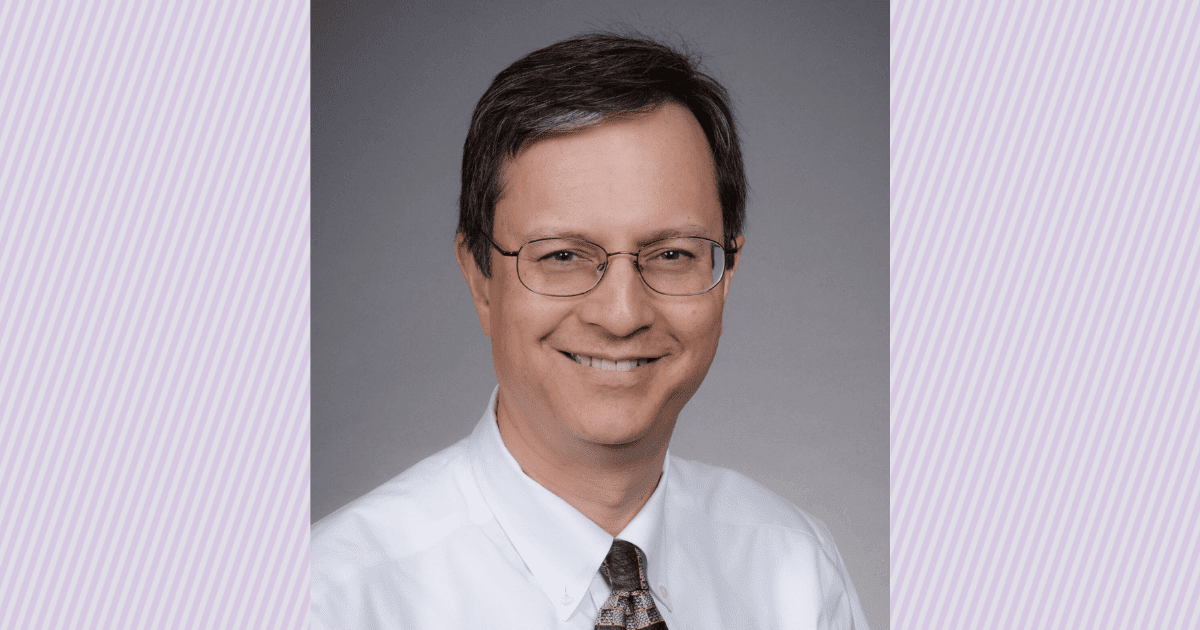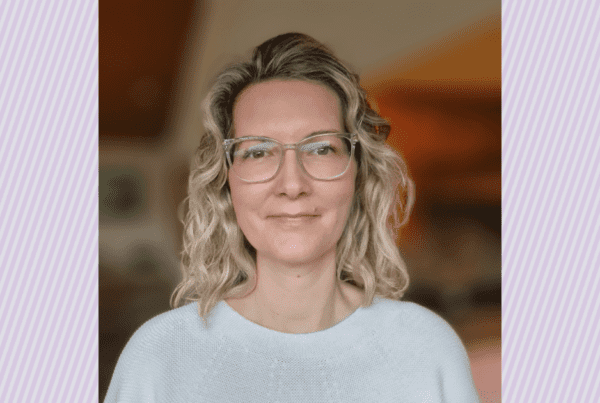Paul Nghiem, MD, PhD, was appointed as the founding chair of the Department of Dermatology at the UW School of Medicine on March 1, 2024. Since 2015, Nghiem has served as the Head of the Division of Dermatology and led its journey from division to department.
Nghiem’s lab specializes in the biology of skin cancer with a special focus on Merkel cell carcinoma.
Why did you choose a career in medicine?
I always wanted to read the owner’s manual to the human body and that led me to medical school. Once there, it was obvious we were given a cookbook that was missing key recipes: we lacked effective approaches to treat many diseases. I was motivated to seek ways to fill those gaps. Solving puzzles to help more people was the primary driver of my interest in medicine.
My career has also been fueled by the joy of teamwork. I had mentors that guided and energized me. Today, to be able to do the same for young people coming into medicine is inspiring as is forming an effective team that works together to deliver care and advancements to patients.
What did your interest in solving puzzles lead you to?
One of the gaps we tackled was Merkel cell carcinoma, a skin cancer that is three times more likely to be lethal than melanoma. As a resident, I saw a patient with the disease, and I didn’t know how to manage it. Coincidentally, a professor asked me to write a paper about this cancer, which turned out to be fascinating. Surprisingly, many patients with Merkel cell carcinoma began coming to be seen by our team, and we followed them carefully.
In time, we learned that the disease was usually caused by a common virus on one’s skin and that the immune system played a big role. T cells that would normally kill this cancer weren’t working; they’d essentially turn off in a process called exhaustion. We were able to conduct immune therapy trials to reverse T cell exhaustion. I was the principal investigator for the trial — a collaboration between UW Medicine, Fred Hutchinson Cancer Center and the National Cancer Institute. We then worked with several pharmaceutical companies, and now three such immune-stimulating drugs are approved for Merkel cell carcinoma, and patients are ten times more likely to have long-lasting benefits than with chemotherapy. Now, we’re working on helping the patients for whom the immunity drugs aren’t working.
What is your vision for the department?
I have three key priorities: One, we need to expand clinical capacity. The wait time to see a dermatologist is just too long.
Two, to increase our capacity, we need more residency slots for graduating medical students. Over the past eight years, we increased from seven to 15 dermatology residency slots. We hope to get to 18. We primarily recruit faculty physicians from our residency, so having a robust program is important.
And three, I’m focused on research; we’ve been doing a good job in that regard. I want to keep expanding clinical research, trials and laboratory-based research. I’d like to add more laboratory research positions for undergrads, medical students or fellows; this year we had 180 applications for two undergraduate slots in our lab.
Dermatology was a division for 62 years, and it took us about a decade to develop into a department. Now that we’re there, the enhanced resources of a department will help us achieve our plans, which, ultimately, will benefit our patients.
What should people know about you and your life outside of work?

The Nghiem Family in Vietnam
I like to go off on family adventures with our two boys, Alex and Max, and my wife, Stephanie Lee, who is a professor in the Division of Hematology Oncology at the UW School of Medicine and the co-director of the Clinical Research Division at Fred Hutch. This photo is from our trip to Vietnam. I’m half Vietnamese, and this was my first trip to Vietnam.
Also, I play the violin. My mother is 96, and I enjoy playing for her; she particularly likes “Meditation” by Jules Massenet from the opera, “Thais.”



